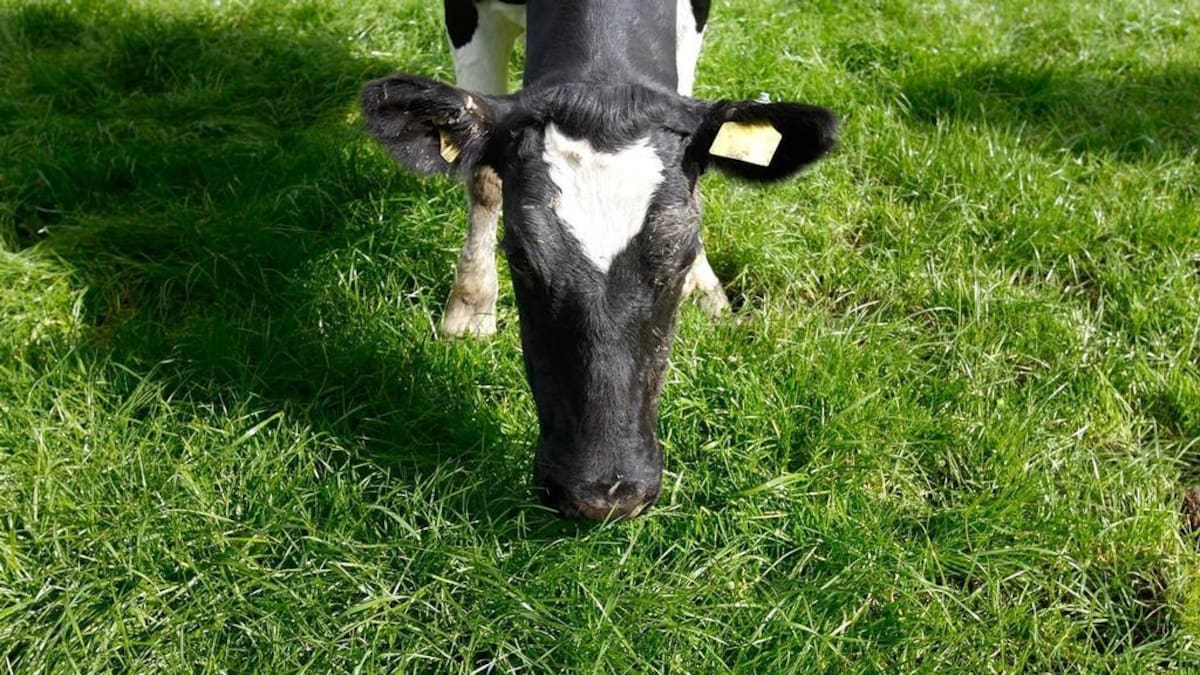This result was not what had been predicted from the results of over 20 years of controlled environment studies and ecosystem modelling.
Increased concentration of atmospheric carbon dioxide and warmer temperatures had been expected to promote growth.
Concerns had arisen from field results from the few long-term pasture and forestry trials we have in New Zealand – results were not matching the modelled predictions.
Models depend upon assumptions and constraints.
The increased growth expected with increases in atmospheric carbon dioxide concentrations and the associated warming is not occurring, and answers about “why?” are required.
Past research gives some clues about what might be happening in the pasture.
In the Manawatū, the FACE (Free Air Carbon Dioxide Enrichment) pasture research suggests that Progressive Nutrient Limitation (PNL) is a factor.
This has been recognised for phosphorus and nitrogen and has implications for fertiliser use.
In particular, the current calibration for standard measurements of phosphate in soils in New Zealand might no longer be appropriate.
There are also concerns about nitrogen fixation through the rhizobium-white clover relationship.
Past research has indicated that pastures receive upwards of 100kg nitrogen /ha through good management of the ryegrass-clover swards.
However, a study of clover plants at the FACE pasture site suggests that the genetics of the plant have changed over the 23 years of atmospheric carbon dioxide enrichment.
The changes might be affecting the ability of rhizobia to gain carbohydrates from the plant.
Again, this calls into question the response to nitrogen fertiliser calibration across the country, adding to the PNL already reported.
It is possible that weather volatility (too hot, too cold, too wet, too dry) is creating stress in the plants, and more than just transpiration (and nutrient uptake) is being affected.
Listen to Jamie Mackay interview Dr Jacqueline Rowarth on The Country below:
Whatever the reason, the result is a reduction in growth and hence productivity.
As yields in the fundamental pasture decrease, and costs inflate, farmers and foresters will be less likely to take the risk of adopting new technology, and less likely to be able to afford anything that does not have a positive return.
What is required is a more efficient capture of all benefits, including increased carbon dioxide, to improve profitability on the land and for New Zealand.
The new Bioeconomy Science Institute (BSI) has the right words.
Formed from four Crown Research Institutes, the new BSI is “a unified science institute to drive innovation and commercial outcomes in the bioeconomy, using research and technology to support enduring economic growth and resilience, a healthy environment and beneficial social outcomes for Aotearoa New Zealand”.
The Bioeconomy Science Institute website is illustrated with pictures of a range of land and sea-based activities, spanning from the grass and tussock to the laboratory; economics and environment are depicted.
But there is no new money for research in the new science system, despite the fact that the costs of doing research continue to escalate with inflation.
The potential of new developments in the primary sector, including chemical, physical and technological advances, will not be realised unless we understand what is going on in our pastures and forests.
At present, there is a major strategic knowledge gap regarding the state and resilience of the national pasture resource.
This gap potentially constrains the optimal allocation of science funding to the key issues affecting future financial and environmental sustainability, not just on farm, but also of New Zealand.
Technology investment is a part of the story to New Zealand’s vibrant economic future, but the foundation will be investment in understanding the drivers behind the restrictions in productivity growth on-farm.

